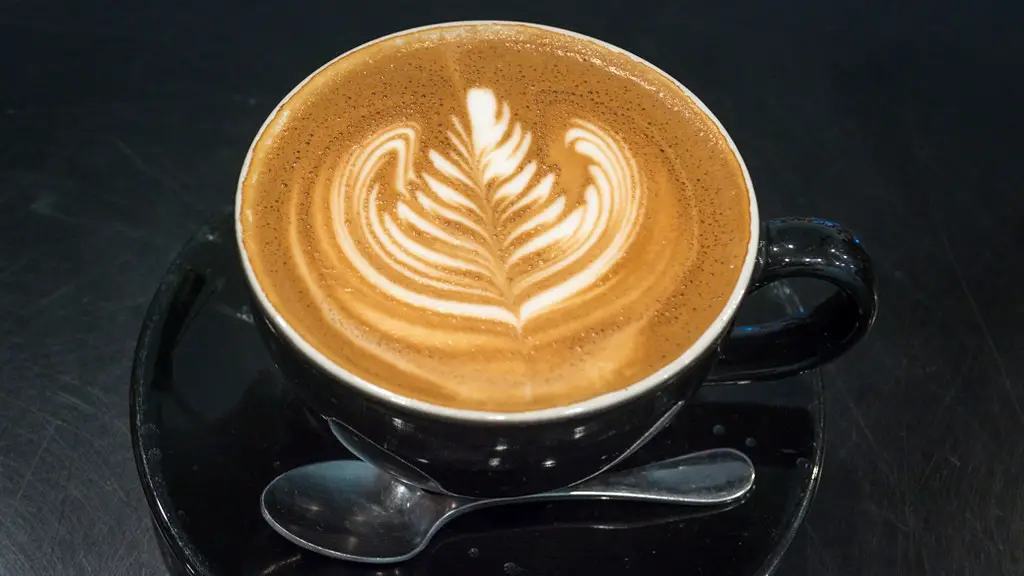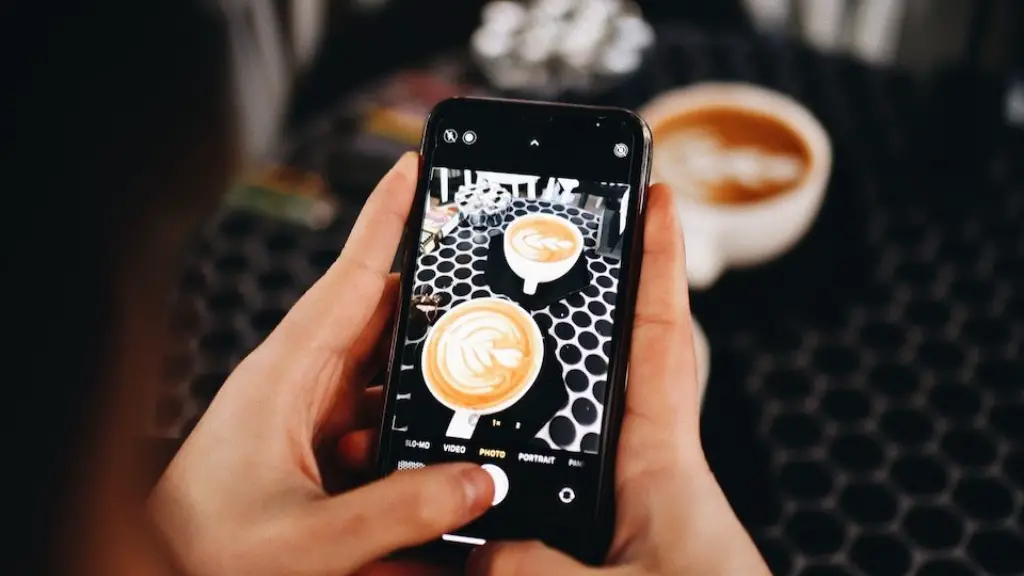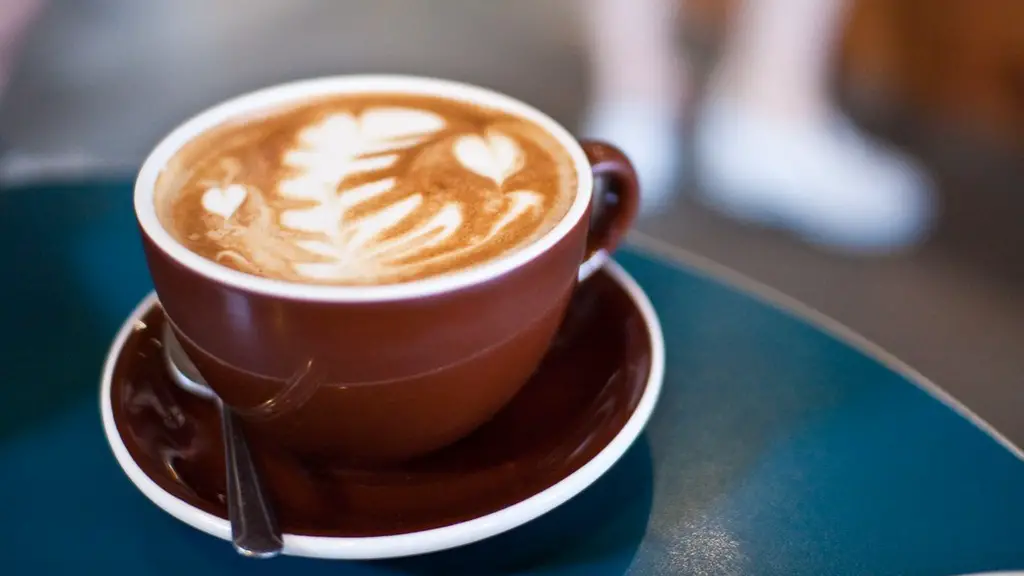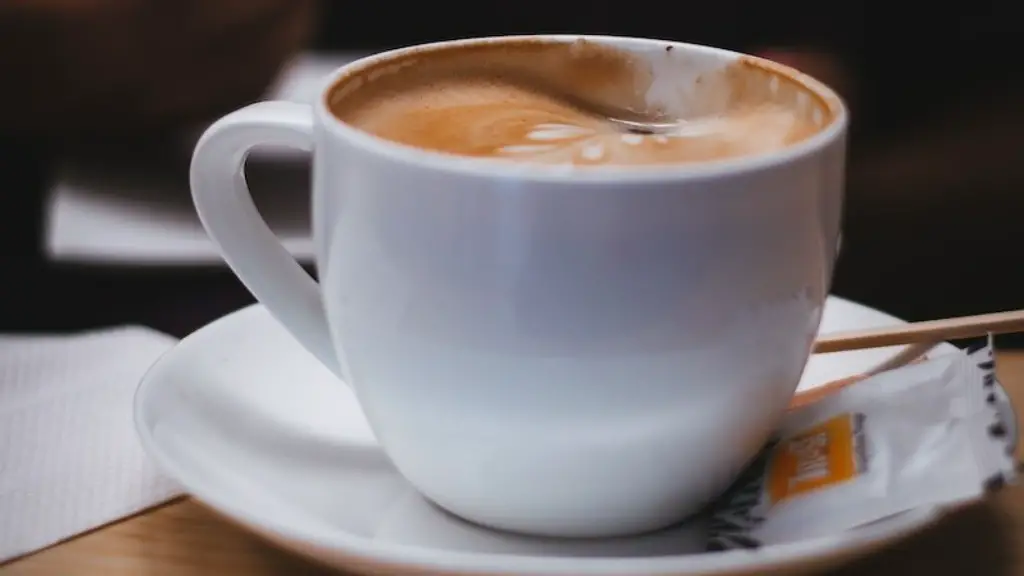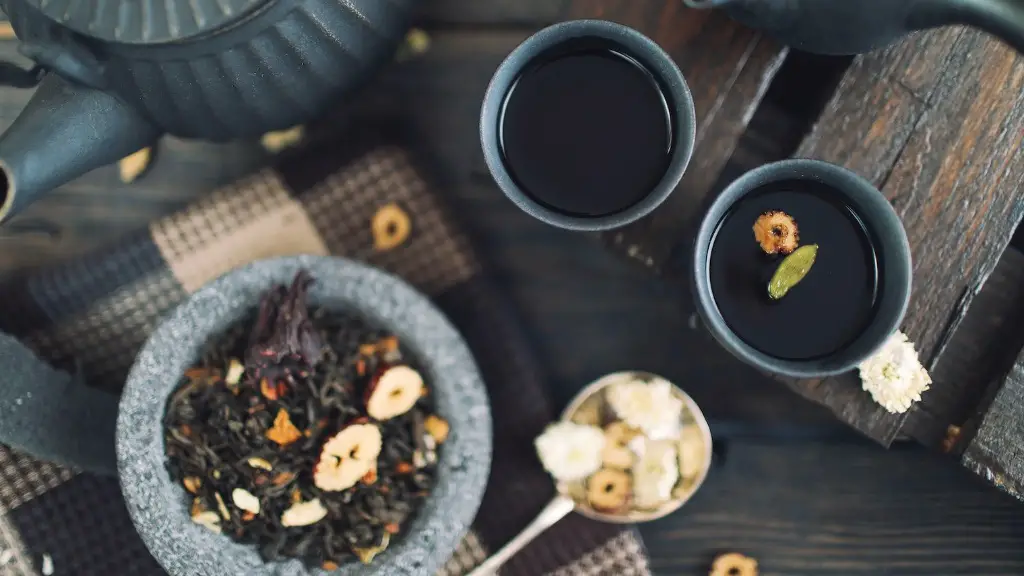Why Do I Feel Cold After Drinking Coffee?
It has been said that those who are especially sensitive to the effects of drinking coffee have the tendency to feel cold after ingesting it. While this might seem counterintuitive — why would a hot beverage make one feel cold — the answer lies in the research.
According to research from the University of Colorado Boulder, “Caffeine produces a kind of active interiorly cooling effect in the body.” This cooling effect occurs as a result of caffeine’s ability to increase catecholamines such as epinephrine and norepinephrine in the body. This increase in adrenaline causes the smooth muscle of blood vessels to constrict, resulting in a drop in the body’s temperature.
This physiological response may be further reinforced by another factor — psychological expectations. Registered dietician Jocelyn Varvares notes how “many people think of coffee as a hot liquid, and since it is often consumed when the weather is warm, we might expect a sensation of warmth upon consuming it.” Consequently, feeling the physical sensation of becoming colder after ingesting coffee may lead to a feeling of dissonance compared to one’s expectations, creating further emphasis on the cooling effect.
Coffee Intake and Managing Body Temperature
When it comes to managing optimal body temperatures, the recommendation is to limit coffee intake. Prof. Ora Rosenbaum, MD explains that when “caffeine is consumed in large doses, people may feel the increase of the body’s temperature range in a negative way”; this is because its effect is similar to a physiological response to stress. As such, people who are predisposed to feeling cold in general should limit their intake of coffee to smaller amounts.
Despite the possible cooling effects of coffee on the body, some research points to the implication that greater coffee intake may be beneficial in terms of managing body temperature. One study examines the link between coffee ingestion and better body temperature preferences. In it, 14 participants with a “tendency to feel cold easily” were examined. It was found that those with higher daily caffeine intake felt warmer than those with lower daily intake. This could be due to the stimulating effects of caffeine in increasing both circulation and core body temperature.
Winter and Caffeine Intake
For those who are affected by winter temperatures, having a cup or two of coffee could be helpful. Coffee can improve alertness and reduce fatigue, which can be crucial in those winter months when days are shorter and temperature drops. Higher levels of alertness in the cold may also encourage physical activity, which can increase body temperature even further.
At the same time, one should take caution in their coffee consumption when in cold weather. Those who generally feel cold more often should limit their caffeine intake to modest doses, such as no more than two cups per day. Higher doses of caffeine can have detrimental effects to the body when coupled with already cooler temperatures.
The Connection between Caffeine and Mental Health
The potential cooling effect of coffee can also be linked to the effects on one’s mental health. Studies show that consuming coffee can heighten the sensation of stress and anxiety in some individuals. High levels of caffeine intake could worsen the feelings of coldness, particularly to people who are vulnerable to stress.
Those who feel an intense “cold” sensation after drinking coffee are advised to look into how caffeine affects them, both mentally and physically. Consider reducing the amount of coffee you are consuming in order to feel more comfortable and relaxed.
The Impact of Stress on Feeling Cold
Feeling cold after drinking coffee is not the only situation in which stress could be involved. Emotional distress may also be experienced during times of intense physical activity, such as when engaging in a cold-weather sport. When the body is under extreme levels of stress, an individual’s physiological response will react in an effort to regulate the body’s temperature.
The body’s natural response to a stressful situation is to release hormones and neurotransmitters, referred to as the “fight-or-flight” response. This is another explanation as to why people may feel colder after periods of intense physical activity or when exposed to extreme temperatures. This is because the body’s temperature regulating mechanisms are triggered to balance the internal temperature.
Heat Production After Physical Activity
The body will attempt to create heat after physical activity in order to bring it back to its ideal temperature. After exerting energy for a prolonged period, the body will seek to maintain its equilibrium by activating mechanisms such as shivering and vasoconstriction to maintain its temperature. During this process internal heat is created, while at the same time, heat exchange is reduced in order to reduce loss of heat energy. This could explain why some people feel cold after an intense physical activity.
The Cold Shower Debate
For those looking to increase their body temperature, the concept of cold showering (or contrast showers) has been gaining traction — but is it effective? Studies indicate that contrast showers (alternating between cold and hot temperatures) can reduce body temperature, rather than the reverse. This is due to the body’s response to the sensation of shock when exposed to cold temperatures, causing blood vessels to constrict and blood flow to be reduced.
However, contrast showers can have positive effects on focus and productivity, as well as releasing endorphins which increases the feeling of wellbeing. Talk to a doctor before implementing contrast showers into your health routine; as with any new method of regulating body temperature, their effectiveness will vary depending on body type.
Exercising in the Cold
Exercising in cold weather is highly discouraged. This is because cold air can have a direct effect on the body’s natural temperature regulation. Research has shown that exercising in the cold can result in lowered physical performance, due to the body being more inclined to conserve energy as opposed to converting it into heat.
In some cases, individuals may also experience a degree of hypothermia or frostbite if exercising in cold weather for prolonged periods of time. As such, individuals seeking to engage in physical activity are advised to exercise indoors in the cold season, or to dress warmly before heading outside.
Cold Drinks and Feeling Cold
Finally, the feeling of coldness after drinking coffee is not only present with hot drinks. People who ingest beverages such as iced coffee may also experience a cooling sensation. This could be explained by the chill sensation felt when ingesting cold drinks, as well as other factors.
One such factor, according to the American Physiology Society, is the presence of glycoproteins found in many cold drinks. Glycoproteins are identified as having the ability to cause shivering and, as a result, create a cooling effect on the body. This could explain why cold drinks can also contribute to the feeling of coldness.
